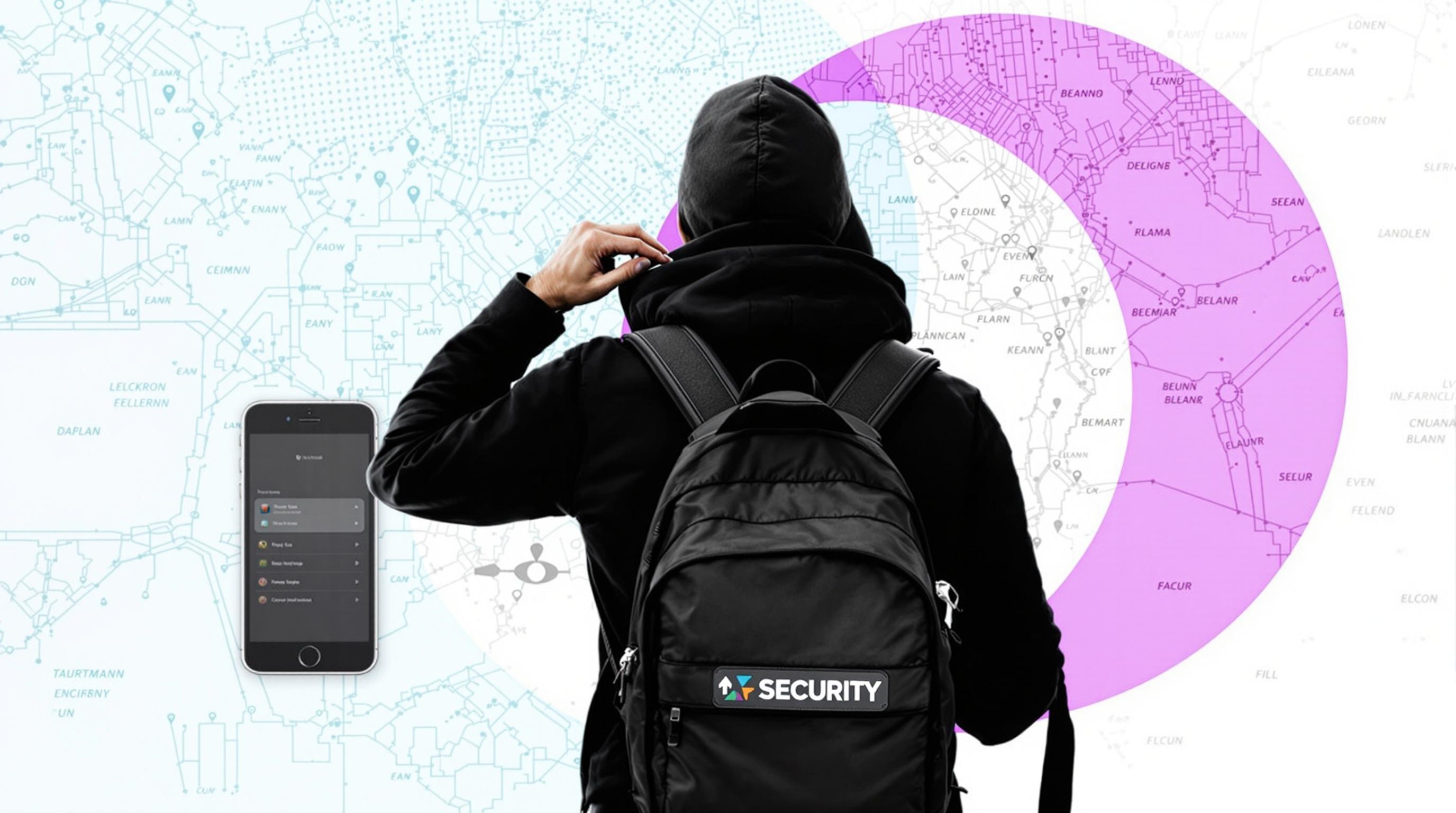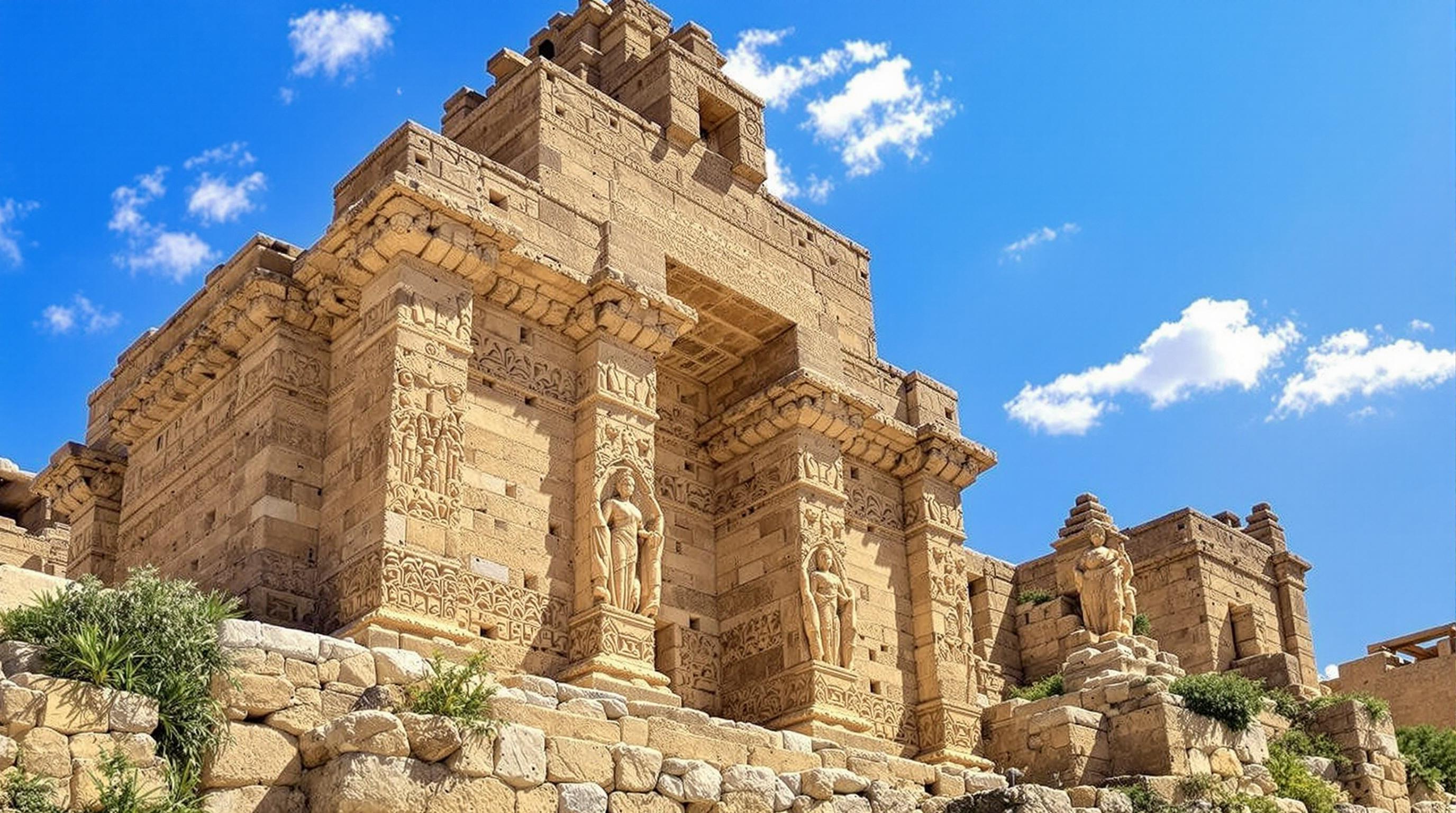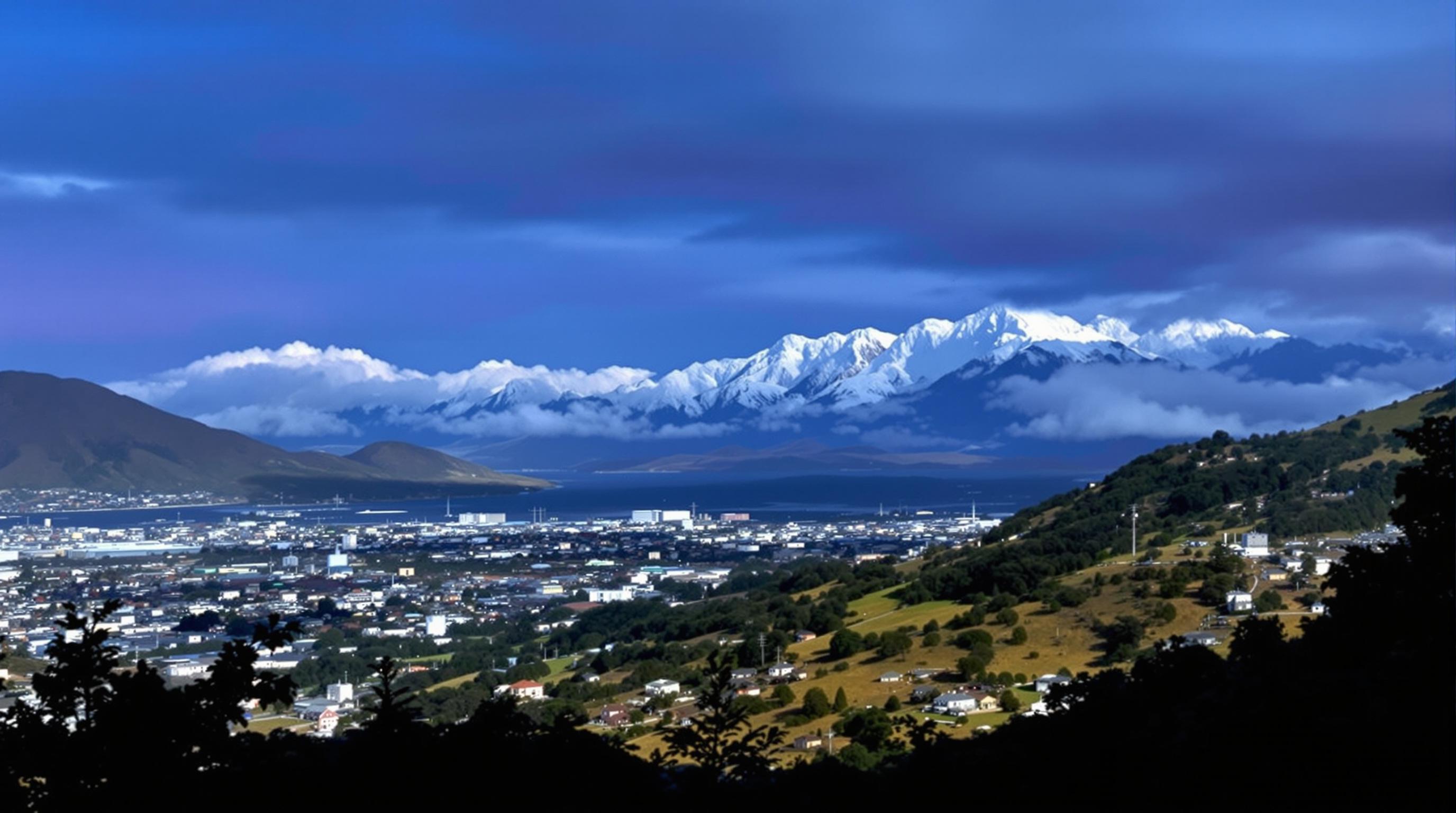Related Articles
- Uncharted Escapes: Navigating the Controversial Allure of Fringe Destinations and Their Untold Stories
- Uncharted Realms: The Surprising Intersection of Urban Legends and Adventure Travel in Offbeat Locations
- Curious Chronicles: Bizarre Transport Innovations Shaping Uncommon Explorations Across Unvisited Trails
- The Forgotten History of Eco-Adventuring: Learning from Indigenous Practices for Modern Exploration
- The Hidden Impact of Eco-Conscious Adventure Games on Environmental Education and Community Resilience
- Uncommon Routes: The Unexpected Appeal of Ghost Town Hikes in Eco-Friendly Exploration
12 Unexpected Travel Safety Insights from Global Spiritual Practices: Cultivate Awareness for Safer Journeys Abroad
12 Unexpected Travel Safety Insights from Global Spiritual Practices: Cultivate Awareness for Safer Journeys Abroad
12 Unexpected Travel Safety Insights from Global Spiritual Practices
Traveling can be an exciting adventure, but it comes with its own set of risks. By examining various spiritual practices from around the world, we can discover unexpected insights that promote not only safety but also personal growth. This article delves into twelve insights inspired by global spiritual traditions, helping you cultivate awareness for safer journeys abroad.
These insights bridge the gap between ancient wisdom and modern travel, proving that a mindful approach can significantly enhance your experience. By integrating these practices into your travel routine, you can foster a greater sense of security and connectedness in unfamiliar environments. Let’s explore these enlightening strategies that can transform your travel experiences.
From meditation to connection with nature, each of these practices encourages travelers to remain vigilant while respecting their surroundings. With this spiritual framework, we’ll navigate through various insights that promise to enhance your safety and well-being while away from home.
1. Mindfulness Meditation: Enhancing Situational Awareness
Mindfulness meditation, a practice rooted in various Eastern traditions such as Buddhism, emphasizes being present in the moment. By incorporating mindfulness into your travel routine, you can enhance your situational awareness, which is crucial for recognizing potential dangers.
Before setting out for the day, take a moment for mindfulness meditation. It helps ground your thoughts and sharpen your focus. This practice not only calms your mind but also encourages you to notice subtle shifts in your environment, making you more alert to any potential risks.
Studies have shown that mindfulness can improve cognitive functioning and reduce anxiety, both of which are essential elements for safe travel (Keng, Smoski, & Robins, 2011). In embracing mindfulness, you empower yourself to stay alert and aware throughout your journey.
2. Grounding Techniques: Staying Anchored
Grounding, or earthing, is a practice used in various cultures that involves reconnecting with the earth's energy by walking barefoot or engaging with natural elements. This simple yet powerful technique promotes emotional stability and mental clarity.
When traveling, especially in unfamiliar environments, the sensation of earth beneath your feet can provide a comforting sense of belonging. Taking a few moments to practice grounding can help you regain composure when feeling anxious or overwhelmed, enhancing your ability to respond effectively to unforeseen situations.
This practice has roots in Native American traditions among others, reminding travelers of the importance of nature's connection in centering oneself (Sahdra et al., 2010). By incorporating grounding techniques into your travel experiences, you cultivate resilience and clarity amid the chaos of exploration.
3. Visualization: Prepping for Safe Encounters
Visualization techniques often discussed in spiritual contexts can be particularly beneficial for travelers. Visualize your journey and the situations you may encounter, including how to respond if faced with potential threats.
Engaging in vivid mental imagery not only helps you prepare for challenging scenarios but also strengthens your confidence and reduces anxiety. By clearly picturing how you will navigate unexpected situations, you establish a psychological roadmap for safety.
This method is widely used by athletes and performers to boost performance (Cumming & Williams, 2012), and its application to travel preparation can enhance your readiness for any eventualities. Visualization aligns your mind with positive outcomes, increasing your sense of security while exploring new places.
4. Rituals of Protection: Creating Safe Space
Many cultures embrace rituals aimed at protection during travel. For instance, carrying a talisman or performing specific rituals can create a sense of security and connection to a greater spiritual presence.
Before embarking on your journey, consider creating your own protective ritual. This may include lighting a candle, saying a prayer, or simply taking a moment to set intentions for your trip. Such practices can elevate your emotional well-being, allowing you to navigate new environments with peace.
Rituals rooted in cultures from around the world, including those from Indigenous traditions, serve as poignant reminders of the importance of intention in guiding one’s path. Embracing these rituals adds a layer of spiritual protection to your travels.
5. Tribe Mentality: Traveling with Community
The concept of community is prominent in various spiritual philosophies. Many travel safety tips revolve around sticking to reputable places and staying in groups, which aligns with the idea of a supportive tribe.
When venturing into new territories, prioritize traveling with others or establishing connections with local communities. This not only provides physical safety but also offers emotional support and valuable insights about the area.
Research indicates that a strong social network can enhance individual well-being and safety during exploration (Cohen, 2004). Fostering relationships while traveling can create a sense of belonging, making your journey safer and more enriching.
6. Breathwork: Calming Anxiety
Breathwork practices found in yoga and various spiritual traditions emphasize the importance of controlled breathing to regulate emotions. These techniques can effectively reduce anxiety and foster a sense of calm amid travel stress.
Taking the time to engage in deep, intentional breathing can provide a natural remedy for anxiety that may arise while traveling. It encourages the body to enter a relaxed state, reducing the likelihood of rash decisions in unfamiliar environments.
Studies highlight the therapeutic effects of breath-focused techniques in lowering stress levels (Brown, Chesney, & Jarslad, 2013). Integrating breathwork into your travel rituals allows you to cultivate a sense of calm amidst the unpredictability of your journey.
7. Cultural Sensitivity: Building Trust and Awareness
Developing cultural awareness is an essential aspect of travel safety. Spiritual practices often emphasize respect for others, which translates to being considerate of local customs and etiquette.
Before visiting a new place, take time to research the local culture and traditions. Understanding social norms not only builds trust with local communities but also enhances your safety by avoiding misunderstandings or offending local sensibilities.
Engaging respectfully with different cultures fosters connections and improves travel experiences, as highlighted by various studies linking cultural understanding with personal growth (Earley & Mosakowski, 2004). Making cultural sensitivity a priority can transform your journey into a more enriching experience.
8. Intuition: Trust Your Gut Feelings
Many spiritual practices encourage people to sharpen their intuition as a guiding force in their lives. When traveling, trust your instincts when something feels off; this inner voice can act as an essential safety mechanism.
Training yourself to listen to your intuition may involve reflective practices such as journaling or quiet meditation. By tuning in to your inner guidance, you may recognize subtle cues that could otherwise be easily overlooked.
Research supports the significance of intuition in decision-making and risk assessment, underscoring its relevance in travel contexts (Klein, 1998). Honoring your gut feelings can lead to safer choices throughout your travels.
9. Compassionate Connection: Engaging with Locals
Establishing compassionate connections can enhance personal safety while traveling. Engaging meaningfully with locals not only cultivates relationships but also provides up-to-date knowledge about the area, including safety concerns.
Practicing compassion aligns with many spiritual traditions, reminding travelers that empathy strengthens bonds and improves interactions. By expressing genuine interest in local cultures and initiating conversations, you create avenues for support and guidance.
The social support gained through compassionate connections can be invaluable. A community willing to look out for you can serve as a buffer against potential risks, enhancing both safety and enjoyment (Holt-Lunstad, 2010). Approach your travels with an open heart to foster these vital connections.
10. Nature's Wisdom: Learning from the Environment
Many spiritual practices emphasize the importance of connecting with nature. This not only nurtures mental health but can also cultivate a deeper awareness of your immediate surroundings while traveling.
Take time to observe the environment and engage with the natural world during your travels. By appreciating nature’s rhythms, you increase your sensitivity to changes in your surroundings that may signal danger.
Research suggests that spending time in nature promotes well-being and increases feelings of safety (Kaplan & Kaplan, 1989). By embracing the wisdom nature offers, you can enhance both your enjoyment of travel and your overall safety.




